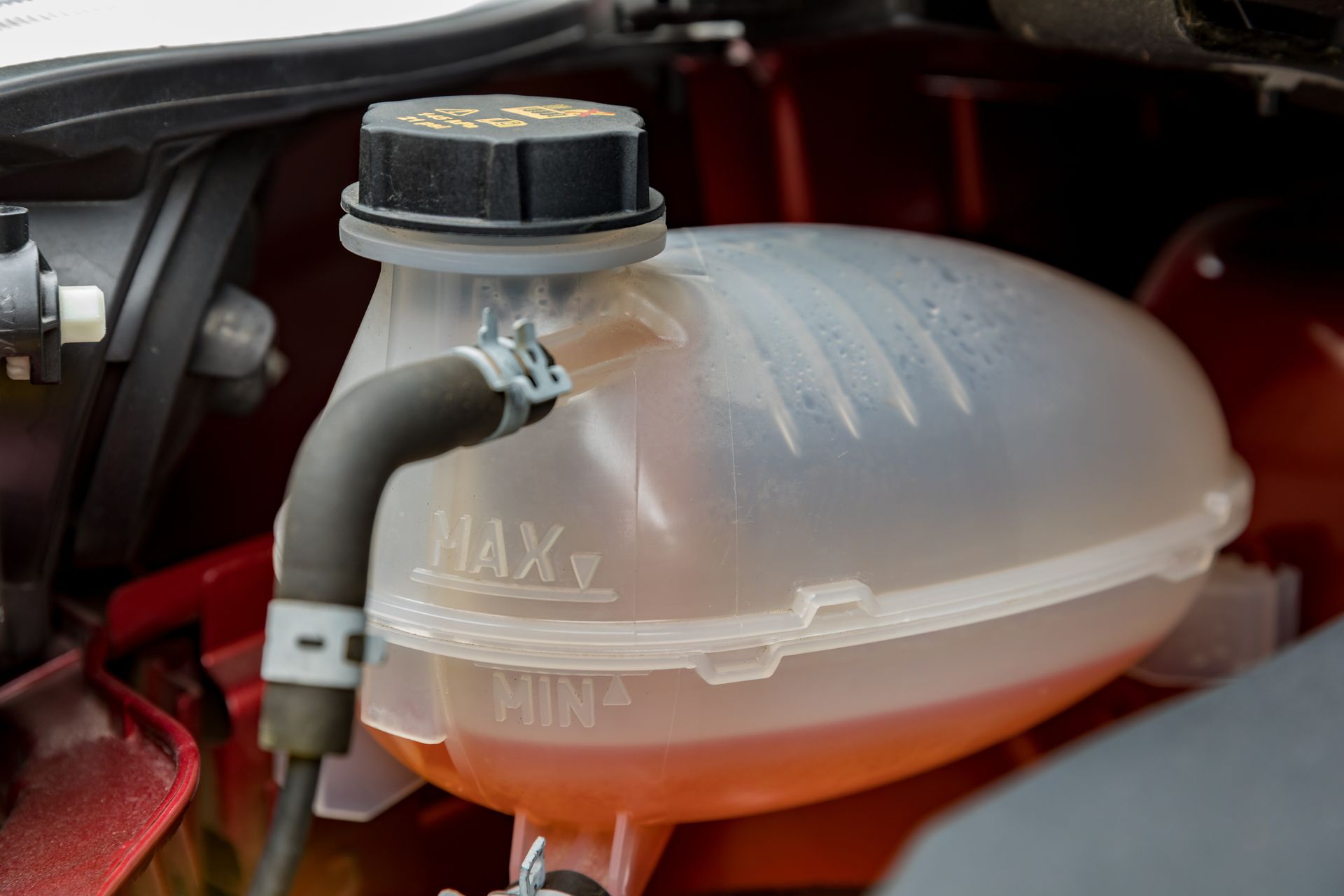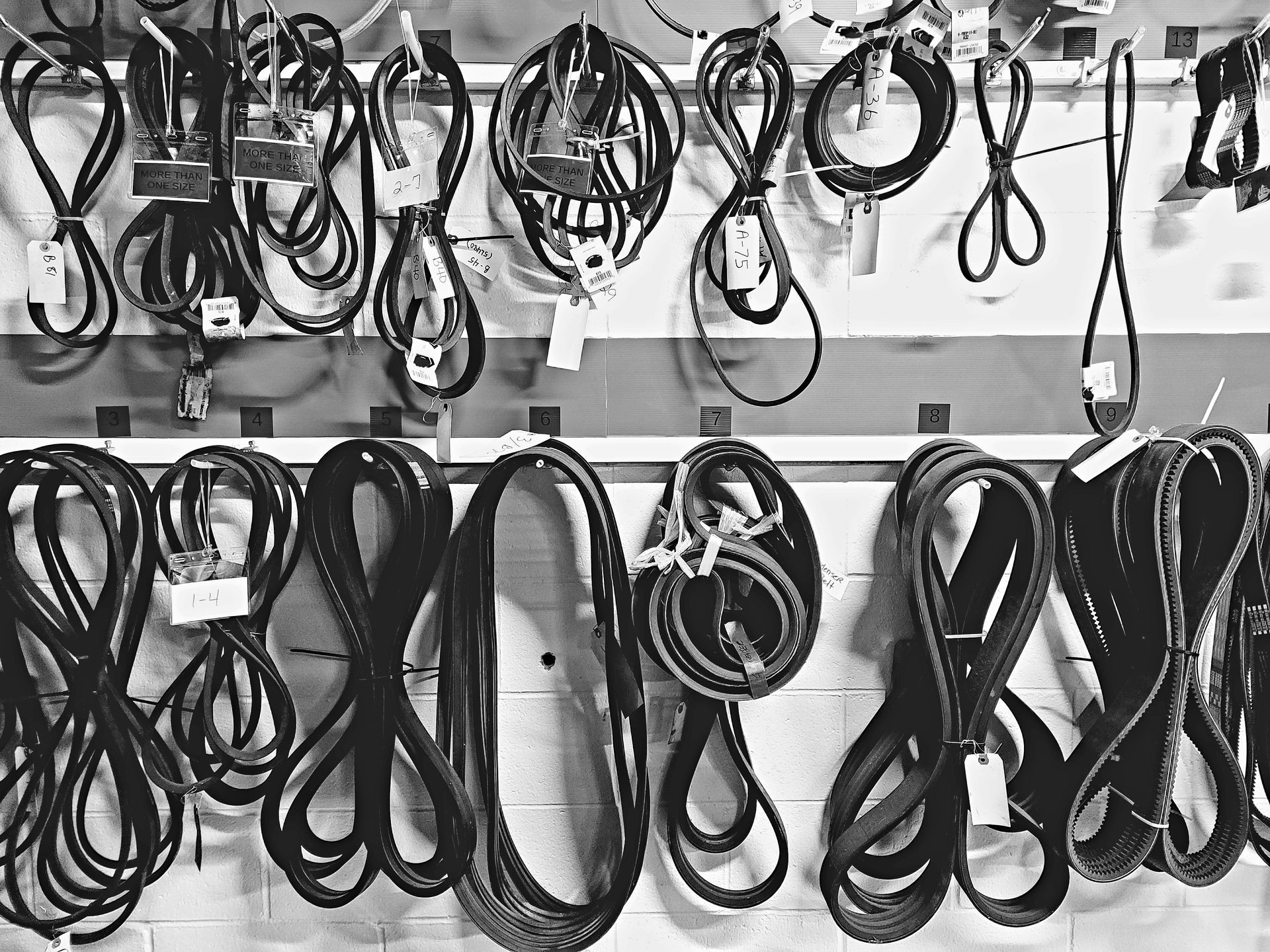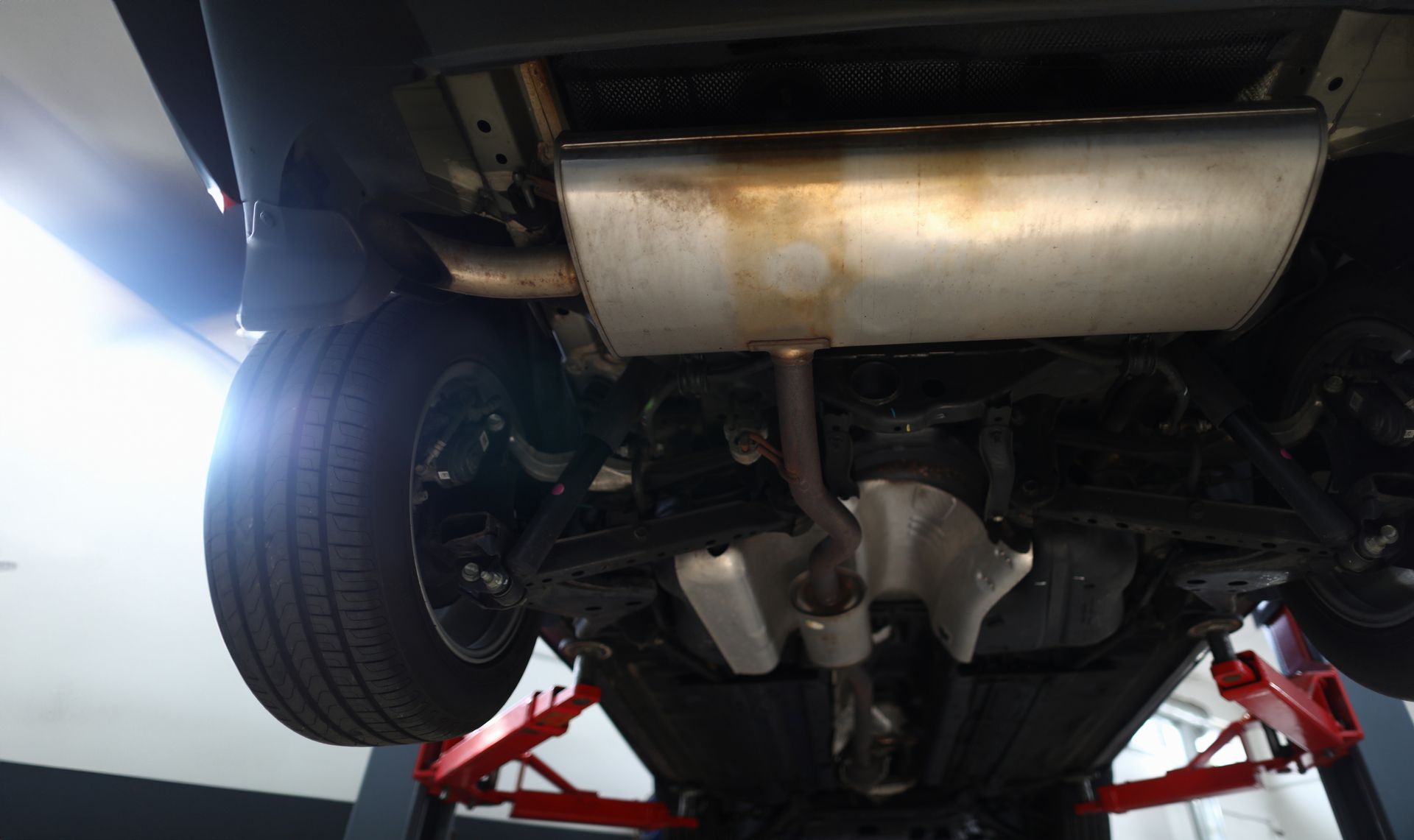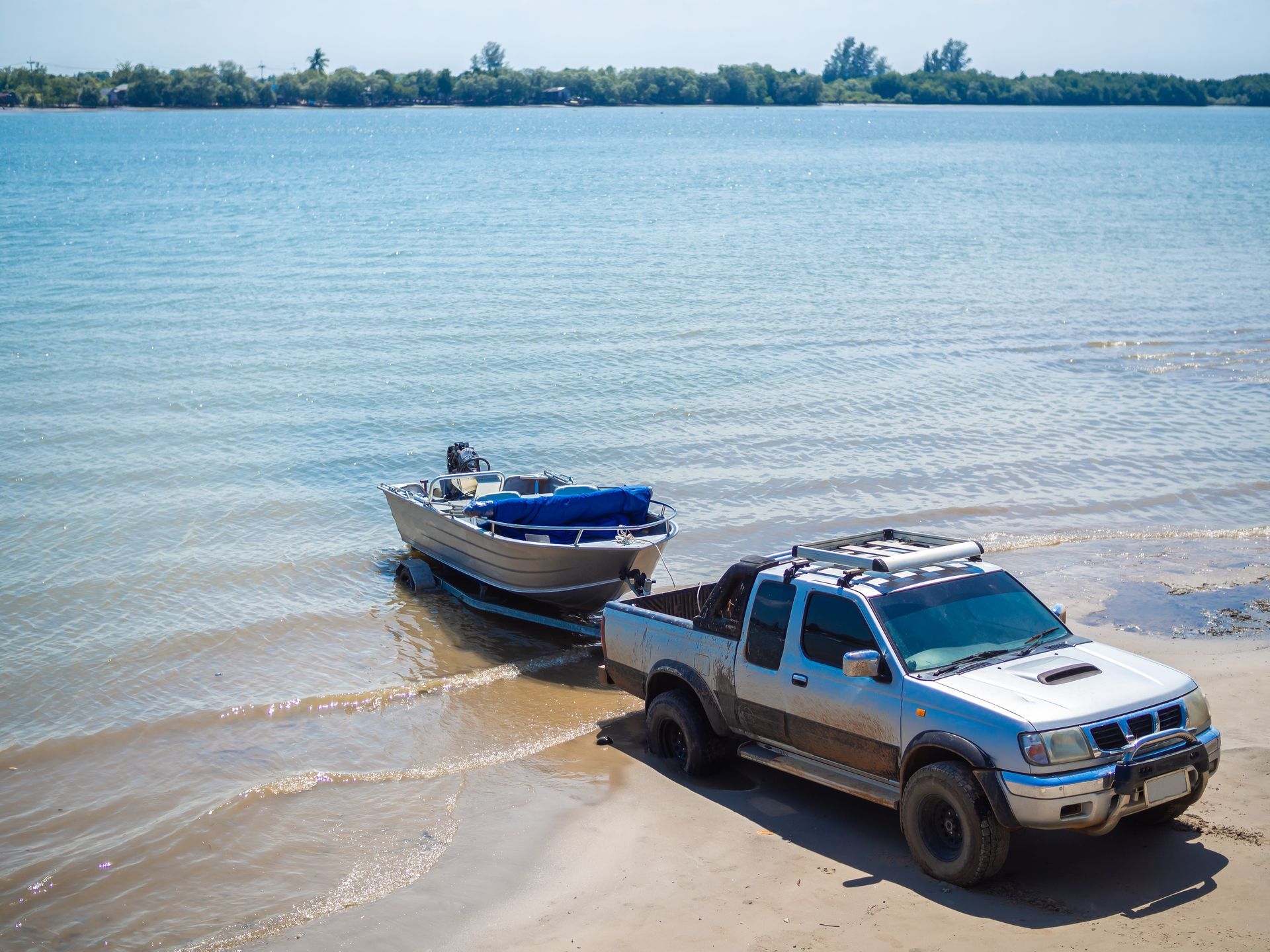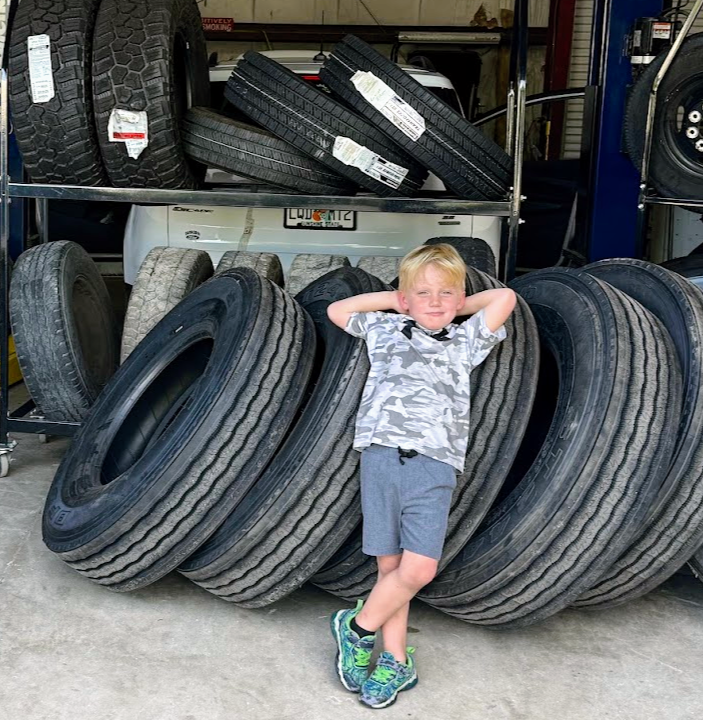With the Florida heat rising and beach season just around the corner, your car is about to see more sun, sand, and salty air than usual. Whether you're driving to Caspersen Beach for a weekend getaway or taking the long route down the coast, your vehicle needs to be prepared for the unique conditions of beach driving.
The beach season brings more than just sunscreen and flip-flops. It also means higher humidity, stop-and-go traffic, and exposure to corrosive salt and sand. If you want to avoid overheating, breakdowns, and post-beach grime, here’s how to get your car ready for summer’s favorite pastime.
Keep Your Cooling System in Top Shape
Florida's summer heat can push your engine to the edge. One of the biggest causes of beach trip breakdowns is an overheating engine, especially in older vehicles or those with neglected cooling systems. If your coolant is low, dirty, or past due for a flush, it won’t regulate engine temperature effectively.
Have your system pressure-tested and inspected for leaks. Make sure the radiator, thermostat, water pump, and cooling fans are functioning properly. Also, ensure your coolant is filled to the correct level and mixed correctly—especially in the high humidity and salt air of coastal regions.
Don’t Forget the A/C System
There’s no comfort in crawling down Beach Road with the windows down and hot air blowing through the vents. If your A/C isn’t cooling fast, evenly, or smells musty, it could be due for service. Low refrigerant, clogged cabin filters, or a failing compressor can all reduce performance.
Spring and early summer are the best times to have your A/C system inspected. This helps ensure a cool cabin when you’re stuck in traffic or parked in the sun with the family packed in and beach bags stacked to the ceiling.
Protect Against Sand and Salt Exposure
Salt and sand might feel like part of the fun, but they’re not so friendly to your vehicle’s interior or undercarriage. Sand can grind into carpets, seat fabrics, and door tracks, while salt-laden air promotes rust and corrosion, especially around the underbody and wheel wells.
After a beach trip, rinse off the undercarriage and wheel wells to remove salt and grime. Consider adding rubber floor mats or cargo liners to trap sand and make cleanup easier. Applying a coat of wax or sealant before beach season starts can add an extra layer of protection against salt air and sun damage.
Tire Pressure and Traction Matter
If you're planning to drive near sand or on loose surfaces, tire condition becomes critical. Make sure your tires are properly inflated (hot temperatures cause pressure to increase) and that you have sufficient tread to handle sudden rainstorms or beach parking areas with softer ground.
Worn tires are more prone to hydroplaning during summer storms and offer less grip when maneuvering through wet sand or uneven surfaces. While you're at it, check the spare tire too—it’s often overlooked and could save the day if a tire puncture happens on the way to or from the coast.
Pay Attention to Brakes and Suspension
Coastal humidity and salty roads can accelerate brake wear and rust formation on rotors and calipers. If your brakes feel soft, squeaky, or take longer than usual to stop, they may need attention before beach traffic puts them to the test.
Likewise, your suspension takes a beating on roads with potholes, dips, or rough patches near the shore. Worn shocks or bushings can make your vehicle bounce, lean, or feel unstable—none of which are ideal when driving near pedestrians or parked cars at a busy beach lot.
Get an Oil and Filter Change If You’re Due
Short trips, idling in traffic, and higher engine temps all make fresh oil more important in the summer. If it’s been more than a few months—or you’re nearing your recommended mileage—it’s a smart idea to get an oil and filter change before the season kicks off.
Engines run hotter in summer, and clean oil helps reduce wear while protecting internal components during stop-and-go beach traffic.
Bring a Small Beach Survival Kit
Being prepared isn’t just about vehicle performance—it’s also about comfort and safety. Keep a few essentials in the trunk:
- Extra water bottles
- A towel for sandy feet
- Portable phone charger
- Umbrella or sunshade
- Jumper cables or a jump starter
- First aid kit
You don’t have to overpack, but a few simple items can save the day if something goes wrong—or if someone forgets the sunscreen.
Curry Truck & Auto – Complete Beach-Season Vehicle Prep in Venice, FL
Before you hit the sand, make sure your car is ready to handle the heat and humidity. Visit
Curry Truck & Auto in Venice, FL—with three locations to serve you—for cooling system checks, A/C service, tire inspections, and anything else you need to get beach-ready

